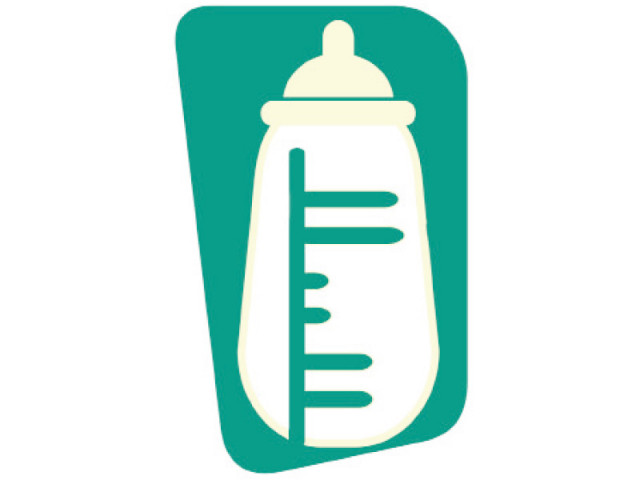Malnutrition: In absence of nutritionists, stabilisation centres of no use
Formulas used to treat malnourished patients also absent.

Formulas used to treat malnourished patients also absent.
Stabilisation centres fail to achieve their purpose of facilitating pregnant and lactating mothers, and children under five suffer from malnutrition due to the absence qualified nutritionists.
These centres, established in districts across the country, also face a shortage of F-75 and F-100, formulas used during initial treatment of malnourished patients.
Talking to The Express Tribune, a senior official in the Ministry of Health Services, Regulation and Coordination (HSRC) on the condition of anonymity said, “Shortages of qualified staff in this field are a major challenge,” while questioning the government’s performance.
“How can the government address malnutrition without eliminating the hindrances?” he asked.
The official added that malnutrition is not only affecting the country’s economic growth, but also accounts for death of numerous mothers and infants.
“Malnourished mothers are giving birth to unhealthy children who, due to weak immune system, acquire diseases which may result in their deaths. This is only happening because of the failure of the facilities,” he said.
According to the 2011 National Nutrition Survey, from 2001 to 2007 the stunting rate among children under the age of five has increased from 41.6 per cent to 43.7 per cent and the wasting percentage from 14.3 per cent to 15.1 per cent. Meanwhile the percentage of underweight children still remains at an alarming 31.5 per cent.
According to the official, the stabilisation centres --- also known as therapeutic feeding centres --- were established by the government in collaboration with international partner agencies in 33 districts of the country following the devastating floods in 2010.
To address acutely-malnourished children under five and acutely-malnourished pregnant and lactating women in supplementary feeding programmes, the Ministry of Health (MoH) --- prior to devolution under the 18th Amendment --- adopted community-based management for acute malnutrition (CMAM) and implemented it in these centres, said the official.
“There is a need to establish more such centres in each and every district of the country facilitated with the required staff, equipment and drugs, otherwise the issue cannot be tackled,” he informed.
On the other hand, the Planning Commission through its vision 2025 has failed to provide the national nutrition programme with the allocated funds.
Dr Baseer Achakzai of the National Nutrition Directorate confirmed the shortage of qualified nutritionist in the centres but added that major steps are being taken to overcome the problem. He said CMAM guidelines are being redeveloped and are under review for further improvement. He expressed hope that the Planning Commission will allocate funds for the National Nutrition programme.
Published in The Express Tribune, October 13th, 2013.



















COMMENTS
Comments are moderated and generally will be posted if they are on-topic and not abusive.
For more information, please see our Comments FAQ